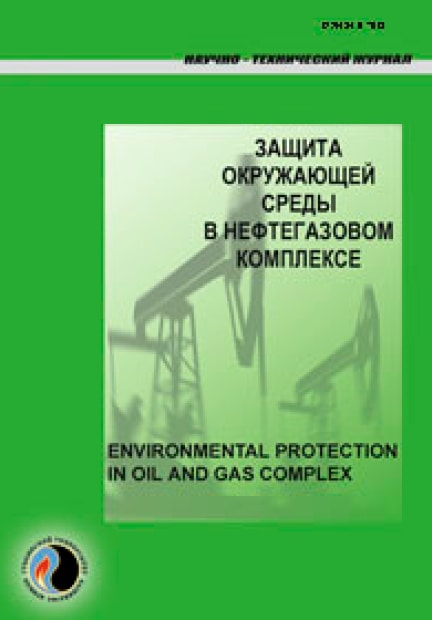Reduction of fuel combustion products toxicity in energy systems
UDC: 504.4.054
DOI: -
Authors:
SPIRKIN VLADIMIR G. 1
1,
TONKONOGOV BORIS P. 1
1
1 National University of Oil and Gas "Gubkin University", Moscow, Russia
Keywords: gasoline, diesel fuel, jet fuel, environmental properties, engine, combustion products, technology, catalyst, neutralizer, additive
Annotation:
The authors of the article consider composition and toxicity of combustion products in engines of gasoline, diesel, reactive and boiler fuels polluting the environment. It is shown that decreasing the toxicity of fuels products combustion requires using structural, technological and additive methods. The following short characteristics of these methods are given: namely the constructive method should include equipment of engines exhaust systems by catalytic converters of nitrogen oxides and carbon; the technological method should be based on a hydrogenation cleaning of oil fuel fractions from hetero-atomic impurities. The additive method should include addition of compounds in fuels that increase fuels combustion completeness and reduce smoking and firm particles presence in exhaust gases.
Bibliography:
1. Spirkin V.G., Tonkonogov B.P. Analiz sostava i svoystv neftyanykh avtomobil'nykh topliv s uluchshennymi ekologicheskimi svoystvami // Zashchita okruzhayushchey sredy v neftegazovom komplekse. – 2021. – № 2(299). – S. 17–22. – DOI: 10.33285/2411-7013-2021-2(299)-17-22
2. Seregin E.P. Razvitie khimmotologii. – M.: Pervyy tom, 2018. – 879 s.
3. Neftyanye i al'ternativnye topliva / V.M. Kapustin, L.S. Yanovskiy, V.G. Spirkin, R.Sh. Khabibulin. – M.: RGU nefti i gaza (NIU) im. I.M. Gubkina, 2022. – 352 s.
4. Grishin N.N., Sereda V.V. Entsiklopediya khimmotologii. – M.: Pero, 2016. – 959 s.

